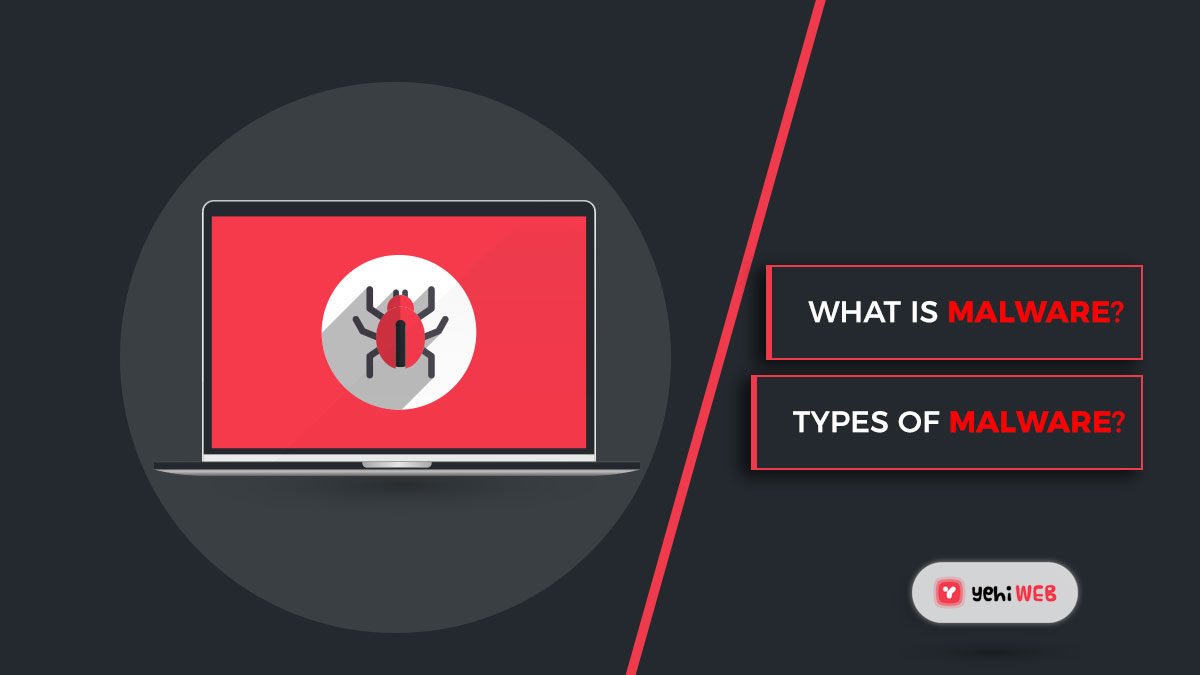What Is Malware? & Types Of Malware
What is Malware? Malware is not a foreign word at all, it’s rather one of the most used terminologies for nearly all of us. Wait a minute, though. Are any of us aware of what that means? Ok, most people might believe it’s a computer virus, and that’s not true at all. So, I’ll try to cover much of the important stuff relating to this word and types of malware today in this article. Let us begin our journey without further delay.
To begin with, malware is nothing more than software. That’s right, software. However, this software is specifically programmed to harm and damage your system. Viruses, Trojans, Spyware, Scareware, Worms, and other forms of malware software are categorized into various subcategories.
So, as you might have guessed, a computer virus is actually a form of malware. Malware is so complex and well-programmed that most individuals, even some techies, might be unaware of it when using affected apps.
Now that we’ve worked out what this tool is about, let’s try to find out why it was developed and how it’s used. This tool is mainly used to steal classified, confidential, business, and other information from the government, banks, businesses, individuals, and other organizations.
You may be wondering why is this done? For several reasons, such as money, power, vengeance, access to secret and valuable data, and so on, the answer is clear. Individuals typically use this mechanism to obtain access to confidential information such as credit card or debit card numbers, bank account numbers, passwords, secret numbers, and more.
According to numerous internet sources, a large number of people, especially women, have been blackmailed since being involved in this very dirty game, and a large number of people have also surrendered to it.
Now, let’s discuss briefly some types of Malware:
Viruses
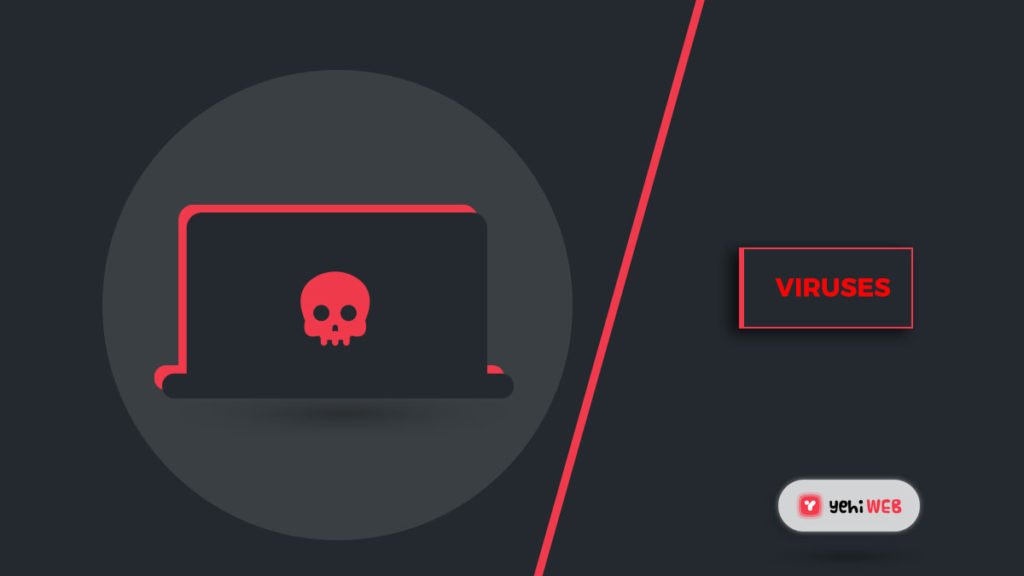
When it comes to cyber-attacks, it’s perhaps the most well-known term. In basic terms, a virus is a type of malware software that is well-encrypted in another software, and once that software is installed and used in your system, this virus appears out of nowhere, produces several copies, and connects itself to almost all of the software on your device, resulting in catastrophic effects such as data loss in the majority of instances.
Ransomware
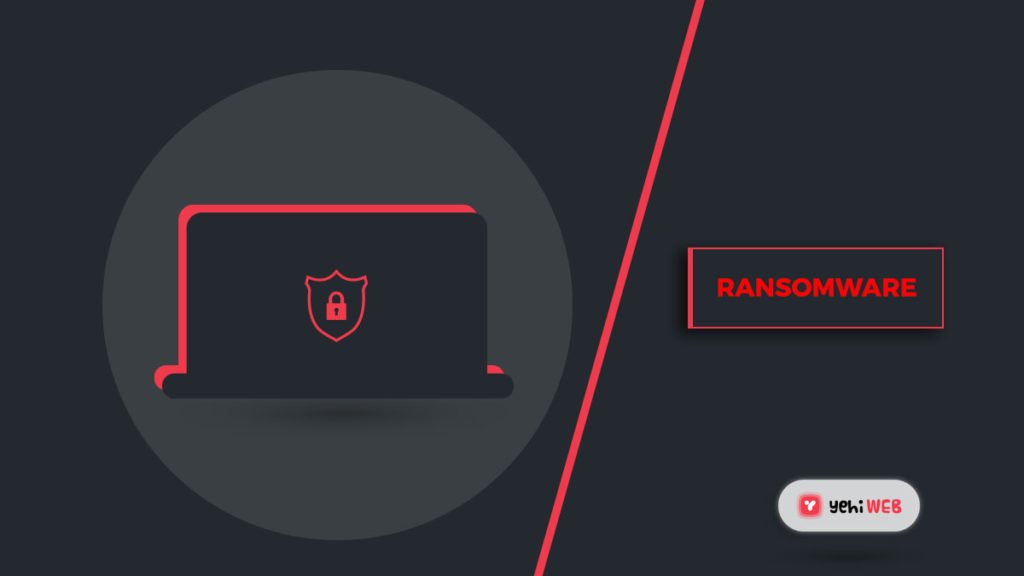
As the name implies, this tool simply creates an illusion by blocking normal screens on your system with some kind of illegal content, and then scares you with legal actions and demands a huge fine in return.
Ransomware is a type of ransomware that encrypts all user accounts and locks them out with a message that all of the system’s information or data will be lost in a certain period of time, and that if the user wants a decryption key to decrypt and regain access to data, he or she must pay the hacker in the form of digital currency. That is why this kind of malware is known as Ransomware.
Trojans
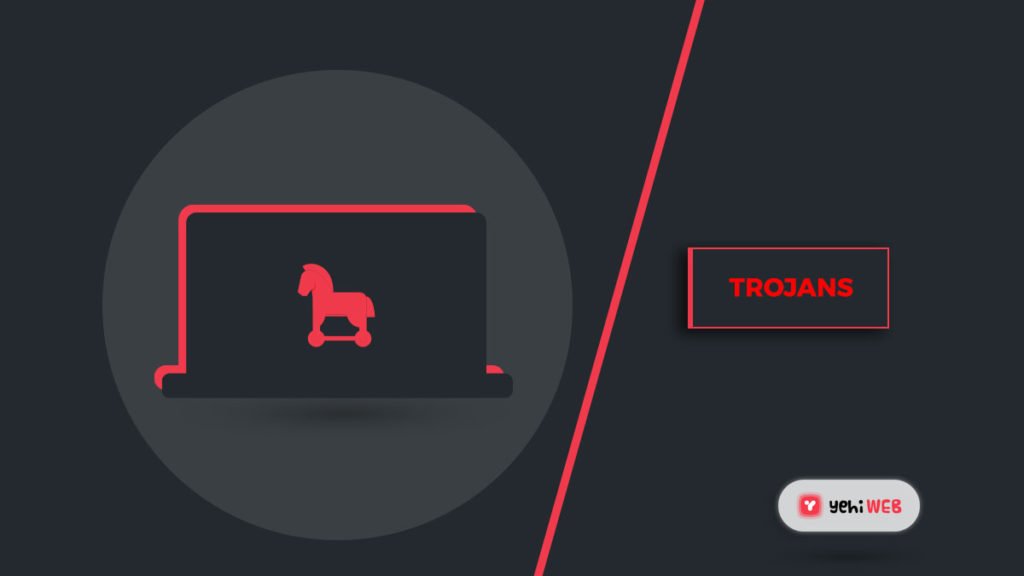
Let’s imagine you came across some fascinating software while browsing the web, and you wanted to install it. It could be any type of software, related to songs, calculators, images, videos, and so on. All appears to be in order when you open it, at which point it is discovered to contain Trojan software. When Trojan software is launched in the system, it causes the system to slow, heat up, and eventually steal important data from the system, such as passwords, important pins, and so on.
Worms
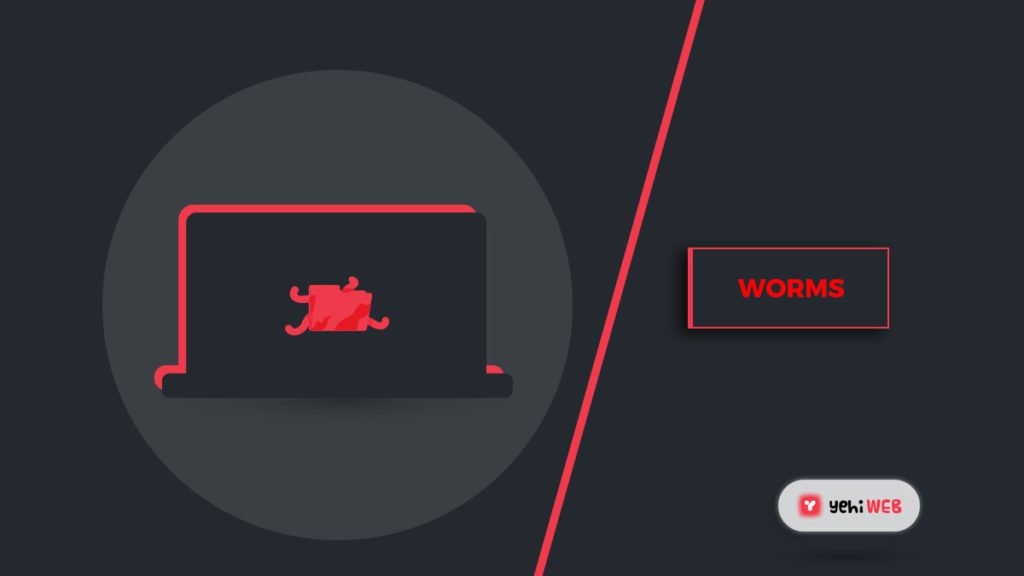
In contrast to viruses, if a file contains Worm-type Malware, it does not need a host program to duplicate itself and instead uses recursive methods to replicate itself. Worms take advantage of flaws in the target system’s security and propagate through the network, portable media, email attachments, or the contacts of an installed messenger, for example.
Worms can perform a variety of harmful functions. Once triggered, the worm attempts to manipulate security flaws and code bugs before, in the worst-case scenario, ramping up resource use and data exploitation in preparation for a “hostile takeover” of the entire system.
Spyware
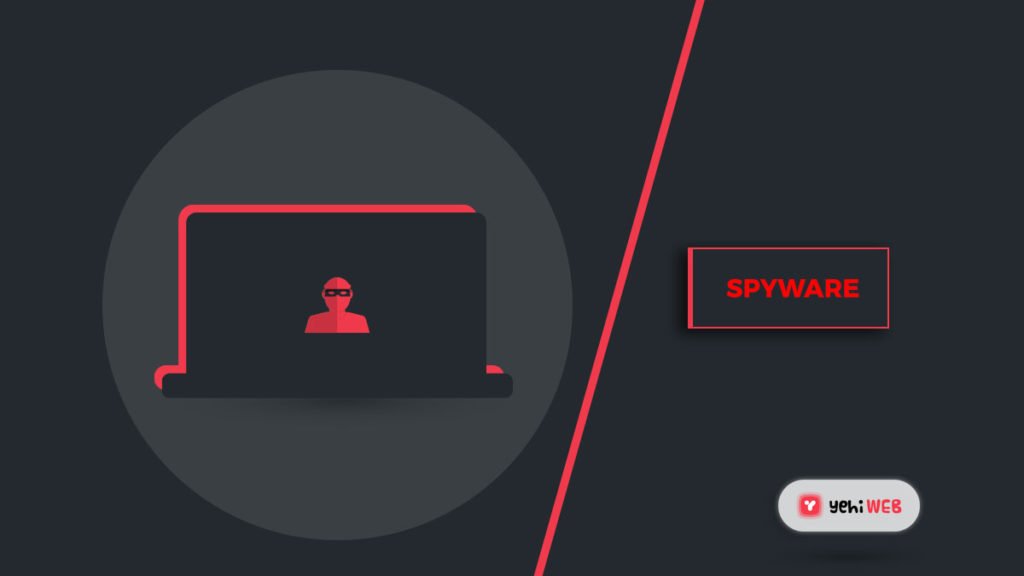
Spyware is malicious software that infects your computer or mobile device to monitor your activities. As a result, hackers will gather information about you and your browsing habits. These are either sold to third parties or used in other ways, such as for targeted advertisements. In certain instances, the app even modifies the browser’s settings and manipulates the start page, installs software, and can also sniff your personal and sensitive data.
Scareware
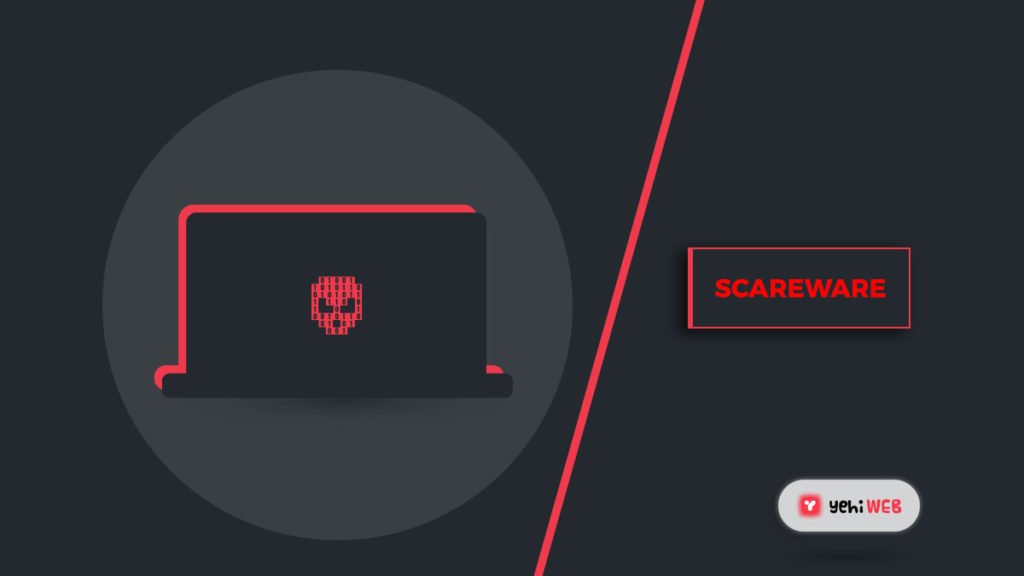
Scareware is a form of malware that is used to trick users into purchasing and installing software by instilling fear or paranoia about their personal data or device. There are usually professionally developed applications that claim to test the PC for malware, hacker attacks, or system problems. Scareware, on the other hand, does not perform any experiments because the suspected infestation has already been determined. As a result, the people behind them can market useless software or distribute more malware.
Cryptomining Malware or Cryptojacking
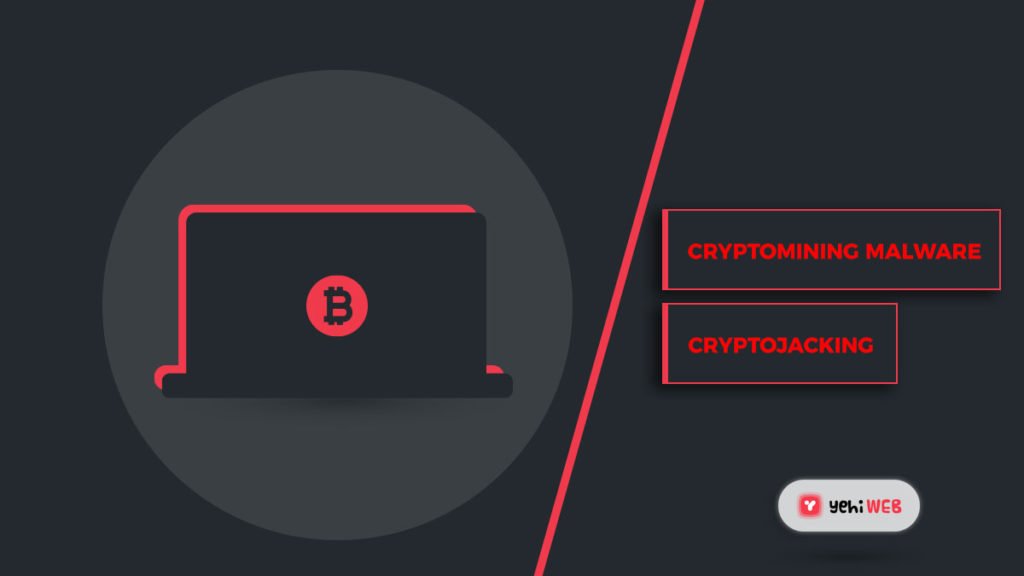
Cryptomining malware is also one of the most prevalent forms of malware in the world today. It is also a piece of software that hackers install on the target user’s system by supplying some connection, through an email, on a website, or with the use of some form of malware.
If the Cryptojacking software is installed on the victim’s computer, it begins using device resources in the background to siphon off processing power to generate (“mine”) digital currencies. This causes the machine to slow down and, in the worst-case situation, causes a complete malfunction or failure of any component leading to extra stress.
So, now that we’ve covered Malware software, its various types, and much more, in brief, you may be wondering whether there’s some way to defend ourselves from this heinous tool.
Yeah, with a little caution and the correct usage of technology, we can protect ourselves from these cyber-attacks. To begin with, you should never download random content from the internet; instead, you should only download apps from legitimate websites after thoroughly reviewing them. Second, if you are an internet geek who spends most of your personal and professional time on the internet, you should install anti-malware apps on your device.
As a result, technology is both a blessing and a curse; it is now up to us to decide how we will use it. As a result, I hope you found this article useful; please feel free to leave a comment.
Saad Shafqat
Related posts
New Articles
How to Insert a Figure in LaTeX (A Beginner Guide)
You’re writing a paper in LaTeX. You’ve got beautiful text, perfect equations, maybe even some fancy tables. But now it’s…

